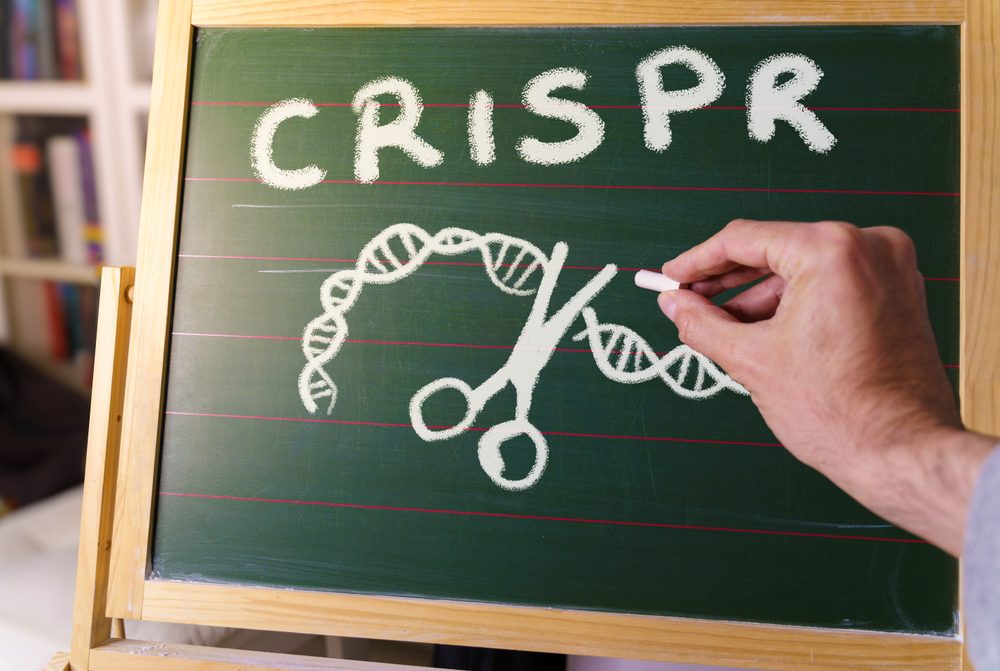Rose became acquainted with Patient Worthy after her husband was diagnosed with Acute Myeloid Leukemia (AML) six years ago. During this period of partial remission, Rose researched investigational drugs to be prepared in the event of a relapse. Her husband died February 12, 2021 with a rare and unexplained occurrence of liver cancer possibly unrelated to AML.
The study, published in the journal The Lancet Neurology and reported by MedicalXpress.com, is the first to demonstrate the urgency of extending imaging that includes the heart. This must be accomplished within…
Continue Reading
New Study: Extending Imaging Including the Heart Upon Arrival in E.R. Helps Determine Cause of a Stroke
One death is too many - Especially when it can be prevented. The new MGB policy will benefit patients who are at risk of deadly toxicities from a widely prescribed…
Continue Reading
Mass General (MGB) Has Adopted Pretreatment DPYD Testing for Patients at risk from Deadly Toxicities
Instead of transplanting a heart that has been cooled and stopped, the new technique, at times referred to as “heart in a box”, creates a scenario where the heart that…
Continue Reading
Heart in a Box – a new technique for heart transplantation
For decades exercise has been recommended to improve the quality of life. More recently and perhaps more importantly, exercise has been highly recommended for cancer patients. Most people realize that…
Continue Reading
Analyzing the benefits of Regular exercise for Cancer Patients
Editor's Note: This article was originally published on 3/5/25, and is being republished due to ongoing efforts by Patient Worthy to raise awareness of COPD. A presenter at the COPD…
Continue Reading
The Danger of Misdiagnosing COPD
Saarland University’s medical team, led by Professor Bergita Ganse, has discovered an entirely new approach for monitoring the healing of bone fractures through measuring blood supply to the tissue at…
Continue Reading
A New Method of Monitoring Bone Healing Without X-Ray Radiation
Global biotechnology leader CSL recently announced the FDA’s approval of ANDEMBRY, a monthly subcutaneous (under-the-skin) self-injection. The treatment was recently FDA approved for the prevention of hereditary angioedema (HAE) attacks…
Continue Reading
The US FDA has Approved Andembry for Prevention of HAE Attacks
LA Jolla Institute (LJI) scientists have recently discovered that T-cells, known primarily as disease fighters, may also play a role in the development of Parkinson’s disease. The researchers, working in…
Continue Reading
Prodromal Period of Parkinson’s: Now the Scientists Have Some Answers
Researchers at the University of California, Davis, have developed an investigational brain-computer interface (BCI) that holds promise for restoring the voices of people who have lost the ability to speak…
Continue Reading
Clinical Trials Provide Hope for People Who Are Unable to Speak
Sixty-five-year-old JoEllen Zembruski-Ruple had been a cancer patient at the revered Sloan Kettering center in January of this year. Her treatment for squamous cell carcinoma began with three chemotherapy pills.…
Continue Reading
A Case for Full Disclosure: Two Drugs, Two Women, Only One Survived
Researchers have discovered a potential “window” whereby babies born with inherited diseases may be treated with gene therapy sent directly into their circulatory systems. The window consists of circulating stem…
Continue Reading
Researchers Find Potential Window to Treat Newborn Babies Who Have Inherited Diseases
The FDA recently informed Muscular Dystrophy News that it has granted orphan drug designation to the experimental drug ISX9-CPC, a product of the IPS Heart company located in Houston, Texas.…
Continue Reading
Muscular Dystrophy: Experimental Stem Cell Therapy Generates New Heart Tissue
In 2014 the U.S. experienced a nationwide outbreak of EV-D68, raising concerns about children’s respiratory health. Acute flaccid myelitis disease (AFM) also spiked. EV-D68 is defined as a group of…
Continue Reading
After a Nationwide Outbreak of EV-D68 in 2014, the CDC Suggests Caution When Treating Children for Respiratory Disease
Researchers at the UK Dementia Institute in London (UK DRI) have identified a common denominator for various gene mutations that cause amyotrophic lateral sclerosis (ALS). A new CRISPR study shed…
Continue Reading
Mitochondrial Dysfunction is Identified by Researchers Seeking a Common Denominator for Gene Mutations Believed to Cause ALS
As many Patient Worthy readers are aware, Jenny Decker, a Charcot Marie Tooth patient, has made a serious commitment to circumnavigate the globe solo despite an incurable and eventually fatal…
Continue Reading
Jenny Decker’s Journey around the world with Charcot-Marie-Tooth Disease continues
A new study by MIT researchers reveals new potential targets such as cellular pathways and genes that have not been previously linked to Alzheimer’s. These results may provide answers to…
Continue Reading
Alzheimer’s: The Answer is That There May Be More Than One Answer
This week, the FDA approved the first blood-based diagnostic test for Alzheimer's disease (AD). The test, known as "Lumipulse G pTau 217/β-Amyloid 1-42 Plasma Ratio," is designed to detect amyloid…
Continue Reading
The FDA Has Approved Blood Testing for Alzheimer’s Disease
In 2023, Marley Mansour of Rowlett, Texas and her family were told that Marley had an extremely rare genetic condition called NARS1 disorder. Now, Marley is the world’s first person…
Continue Reading
An Eleven-Year-Old Girl in Rowlett, Texas is Slated to Make Medical History
The results released from the Phase III ESSENCE clinical trial, and recently published by Medical Xpress and in the NEJM, found that the drug semaglutide is effective in the treatment…
Continue Reading
Can Semaglutide Halt or Even Reverse Fatty Liver Disease?
Raiden Messerli and his family thought that he had an ordinary case of the flu. Brandi Lewis, Raiden's mother, discussed in an interview with KCCI8 News how she still vividly…
Continue Reading
A Surprise Diagnosis: Raiden’s Journey with Charcot-Marie-Tooth Disease and Kidney Disease
This article is a continuation of a previous story, and is an excerpt from original author Isabella Cristobal's post. To read the first part of the article, please click here.…
Continue Reading
When They Were Told His Leukemia Had Spread, They Planned a Wedding to Celebrate His Life – PART 2
Professor Ronald Breslow was a chemist at Columbia University who, in 1958, proposed the theory that vitamin B1 (thiamine) could regulate metabolism pathways in the body by stabilizing a reactive…
Continue Reading
Scientists Confirm a 1958 Theory That Has Been Continually Discarded as Impossible
Immune dysfunction and inflammation have been found to play significant roles in Alzheimer's disease. An analysis of brain tissue in an animal model reveals a potential for immune system dysfunction at…
Continue Reading
Never Give Up: Closing in on Alzheimer’s Disease
Current research indicates that children and adolescents who were unvaccinated during the pandemic were much more likely to develop Long COVID. Researchers led by Perelman Medical School at the University of…
Continue Reading
Tracking the Effect of Vaccinations on Long Covid Infections in Children and Adolescents
Humans have been using tobacco as a drug for more than 12,000 years. It wasn't until the early-20th century that the link between tobacco and lung cancer (and other health problems)…
Continue Reading
A Nicotine Patch to Deter Dementia?



























